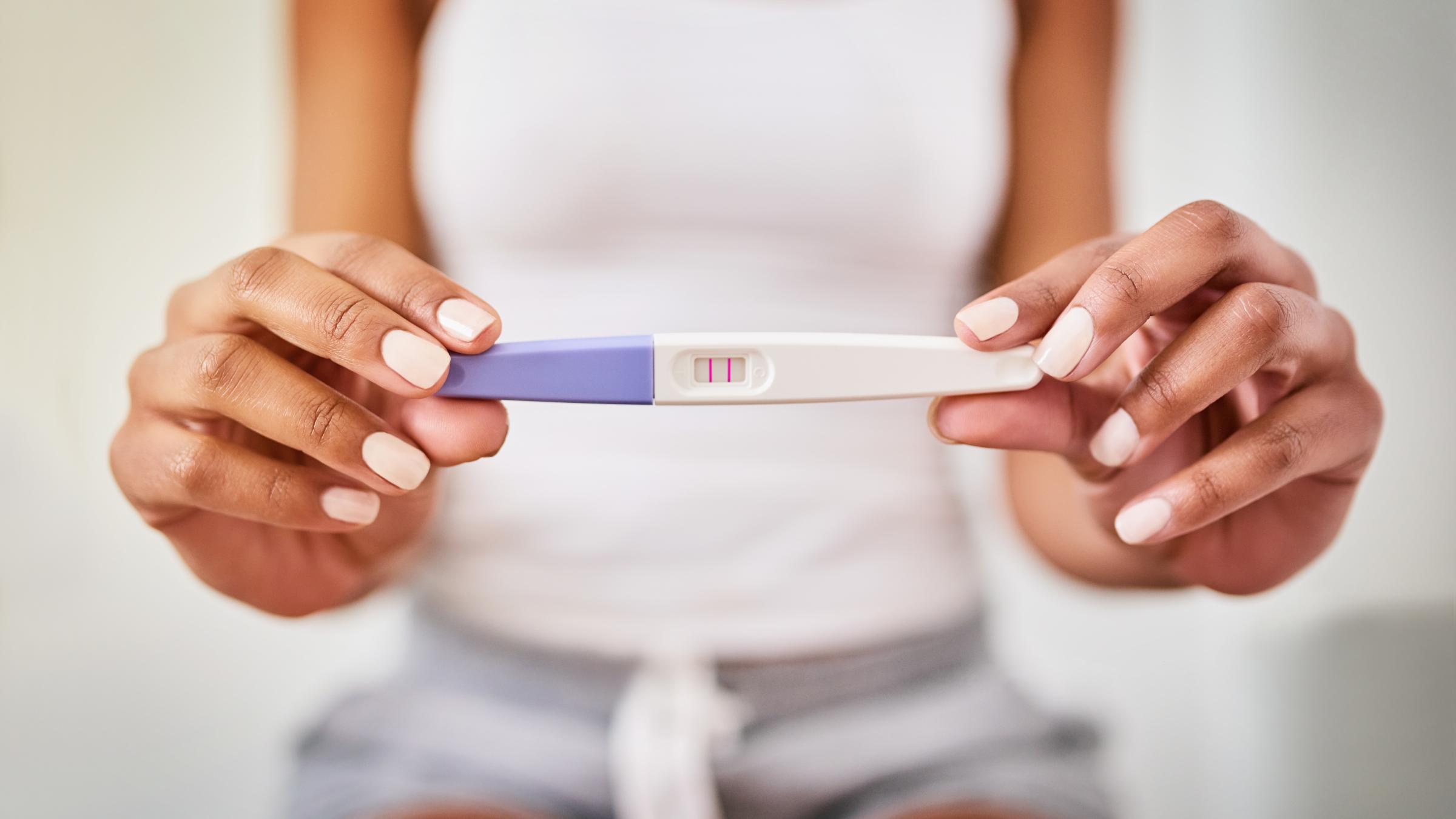7 Things To Know Before Taking A Pregnancy Test
While taking a pregnancy test can be exciting, you should visit your doctor and review your health. You should stop taking any medications that could harm the baby, get your blood sugar under control, and add extra folic acid to your diet. These precautions will help lower the risk of birth defects.
Early signs of pregnancy
It is in a person’s best interest to learn as quickly as possible whether or not they are pregnant. Not only may individuals begin planning the subsequent stages, but they may also need to address any health concerns and adjustments to their way of life.
Some women experience early indicators of pregnancy, such as exhaustion or soreness in the breasts, before they miss their periods, such as fatigue or breast discomfort. The early signs include:
- a missed period
- breast changes
- light bleeding
- cramps
- nausea and vomiting
- fatigue
- headache
- food aversions or cravings
- changes in bathroom habits
- mood changes
- missed birth control
Things To Know Before Taking A Pregnancy Test
Urinate First Thing in the Morning
Urine collected first thing in the morning contains a higher concentration of the hormone (hCG) the test is searching for. Because of this, the likelihood of getting an accurate best early detection pregnancy test reading is increased. Close the toilet lid and place the pregnancy test on top of it if you’re concerned that you won’t remember to retrieve it when you first wake up. Some people believe that if you hold your pee for more than four hours, it will have the same consistency as urine produced first thing in the morning.
The trick is to avoid drinking too many liquids at once since this may cause your pee to become more concentrated.
Keep in Mind the Instructions
When confronted with a simple pregnancy test that can alter the course of your life indefinitely, it is natural for you to feel anxious. This is a normal reaction. However, before entering the restroom, you should take the instructions with you and carefully read them. Do not assume that you will recall anything just because you have passed similar examinations in the past. You will also receive information on time limits, including how long you are required to wait before taking the exam and the point at which the test can no longer be read legally.
Make Use of a Timer
You may have a very good sense of how much time has passed, but when you’re dealing with a pregnancy test, it’s best to bring along an objective companion, such as the timer on your phone or a clock. A clock can tell you if the test became positive at nine minutes and 30 seconds or at 10 minutes and three seconds if the instructions indicate not to view the results after 10 minutes. This can make a very significant difference.
Be Aware Of False-Negative Results
A false-negative pregnancy test result can be very upsetting. It can be especially devastating for hopeful parents actively trying to avoid becoming pregnant. In some cases, the results are due to a failure to detect the pregnancy hormone, hCG. In such cases, the woman should contact her provider immediately and get an emergency best at home pregnancy test performed.
There are many reasons why a test may give a false-negative result. Sometimes, a woman may be carrying more hCG than is actually present. Other causes are drinking too much water or ejaculating too soon, and a user error can result in a false-negative result. The only way to be sure is to get a blood test performed by a physician. This test is more accurate and sensitive than a urine test and will give a much more accurate result.
Think About the Waiting period
If you are wondering whether to take a pregnancy test right after you miss your period, you’ve come to the right place. Although you may be worried that you’re too early to tell whether you’re pregnant, a pregnancy test is the most reliable way to confirm your pregnancy. However, you should keep in mind that the signs and symptoms of pregnancy can overlap with your period symptoms, so you should not rush to the doctor if you’re unsure.
Ideally, you should wait at least a week after your last period to take a pregnancy test. It is also best to wait at least one week after having sex. Some tests are more sensitive than others.
Blood Test
While a positive pregnancy test will give you excitement, you should also understand that pregnancy tests are not always accurate. The best way to ensure you are not pregnant is to schedule a doctor’s appointment. You need to check your health before getting pregnant and ensure you don’t take any medications that might affect your pregnancy. Also, get your diabetes under control and add extra folic acid to your diet.
You can also try a blood pregnancy test if you have missed your period for several days. However, it’s recommended that you test after 21 days without using birth control. This is because blood tests are more accurate at detecting pregnancy hormone levels.
Taking A Pregnancy Test Early
It is unnecessary to wait until the first day of your period to take a pregnancy test. A pregnancy test can detect the presence of pregnancy hormones up to six days before your period is due. This is ideal for women who have irregular cycles. Taking a test early can also prove beneficial for women who are unaware that their period has been late. However, there are a few factors that you should consider before taking a pregnancy test.
Taking a pregnancy test too early might lead to negative results. You should not take the test early when feeling emotional or anxious. A false negative pregnancy test can hurt the unborn baby and lead to heartache.
Taking A Pregnancy Test 3 Weeks After Sex
There are several reasons to wait three weeks after sex before taking a pregnancy test. The first is that a pregnancy test cannot be accurate if it is done too early. A woman’s body does not produce the hormone HCG until around six to 14 days after having sex; thus, an early pregnancy test may give a false positive or negative result.
Conclusion
A woman can also take a pregnancy test if unsure of her ovulation date. These tests do not require a prescription and are widely available in drug stores. However, women should be aware that they may get a false negative if the urine contains protein or blood. In this case, it is important to use reliable contraception to prevent pregnancy.
Author bio:
Hello, I am a professional SEO Expert & Write for us technology blog and submit a guest post on different platforms- we provide a good opportunity for content writers to submit guest posts on our website. We frequently highlight and tend to showcase guests.














Post Comment